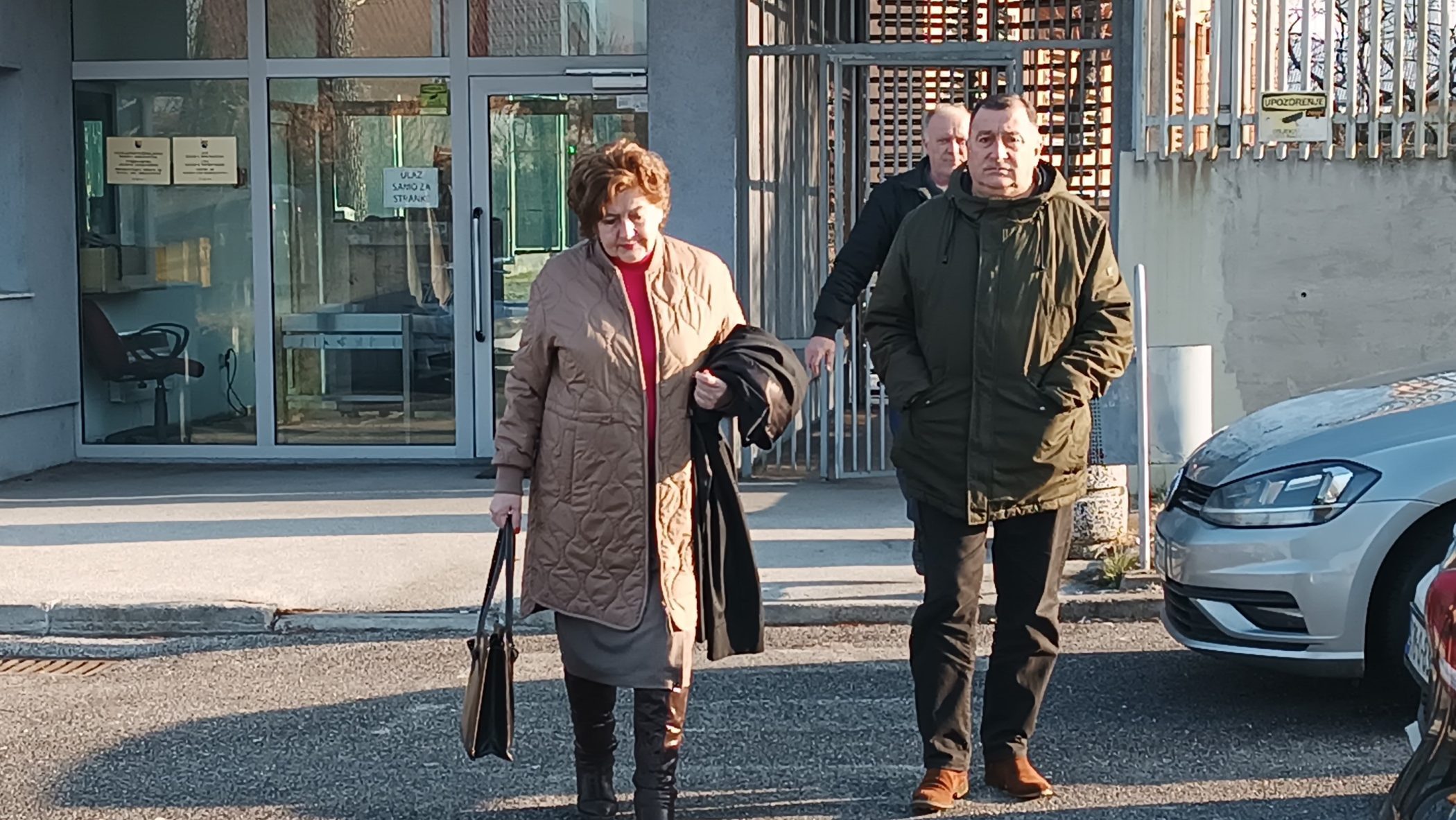This post is also available in: Bosnian
Maric, a former member of the Croatian Defense Council, has been charged with 25 counts of persecution, involving his participation in incidents of murder, torture and other inhumane acts committed from November 1992 to October 1993.
According to the charges, Maric killed Munib Grcic in August 1993. He has also been charged with the disappearance of six detainees held in a secondary school center in Prozor.
Testifying in his own defense, Maric said a man named Marinko Bilic told him that Dragan Jelic, also known as Baltka, shot Grcic in the back for no reason.
“Zijo Jelovac, also known as Stela, could see that as well, but Marinko Bilic pulled him away so he wouldn’t see it. Ivo Bilic was present as well. All three of them were members of the military police from Livno,” Maric said. He said he hadn’t even heard of Munib Grcic until then.
Maric said he was a member of the military police with main headquarters in Livno. He said the military police of the Rama Brigade was present in Prozor as well. During cross-examination, Maric said there was no evidence indicating his engagement with the military police. At the very beginning of the war, Maric said, he was a member of the Rama Brigade.
In his capacity as a military policeman, Maric said he participated in the arrest of Bosniaks as well Croat soldiers who had deserted. He said he acted upon orders given to him by the command or his squad leader, but never participated in torture, murder or other crimes.
Maric said he couldn’t remember the names of the villages were he arrested Bosniaks, except for Tolovac. He said there was suspicions that a camp of armed Bosniak soldiers was located in the mountain village. According to Maric, some members of the military police and other soldiers were deployed to the village to arrest them.
“When we arrived in the village, we saw civilians, women, children and an elderly man. The others had fled to the woods. We invited them to surrender and told them nothing would happen to them. My squad leader, Zarko Zelenika and I kept shouting…Those civilians from the village were killed on that occasion. I know that Zoran Drljo, known as Zoka, with the group from Konjic, killed a guy with a cassette player, because he bragged about it later on,” Maric said.
Maric said he didn’t personally witness the killings, but heard gunshots. He said he found out that all of them had been killed later on, from town residents and documents from the prosecution.
He said he hadn’t reported the killings to anyone, because it was the squad leader’s responsibility. He said he felt sorry for the people who were killed, especially his family members. At today’s hearing, he said he lost two brothers and several distant relatives during the war.
Maric also said he was aware of three mass graves in the Prozor area. He said members of his family who had been killed in Uzol were found in one of them.
“I think I wounded one Bosniak, whom I tried to kill, some time between November 1992 and October 1993. It happened at the same time as the events in Uzdol. Everything was on fire, people were slaughtered. One just had to put a uniform on and go,” Maric said.
He denied allegations made by some witnesses who said they saw him wearing a black uniform. He said their description actually matched that of Stipo Vidovic, also known as Stipura, a member of the Croatian Armed Forces (HOS). He said Vidovic belonged to formations from Tomislavgrad, but he was in Prozor on his days off.
The defense included 175 pieces of material evidence in the case file at this hearing.
The trial will continue on March 11. At the next hearing, additional witnesses will be examined if the defense has managed to acquire them. Otherwise, the prosecution and defense will present their closing statements.




